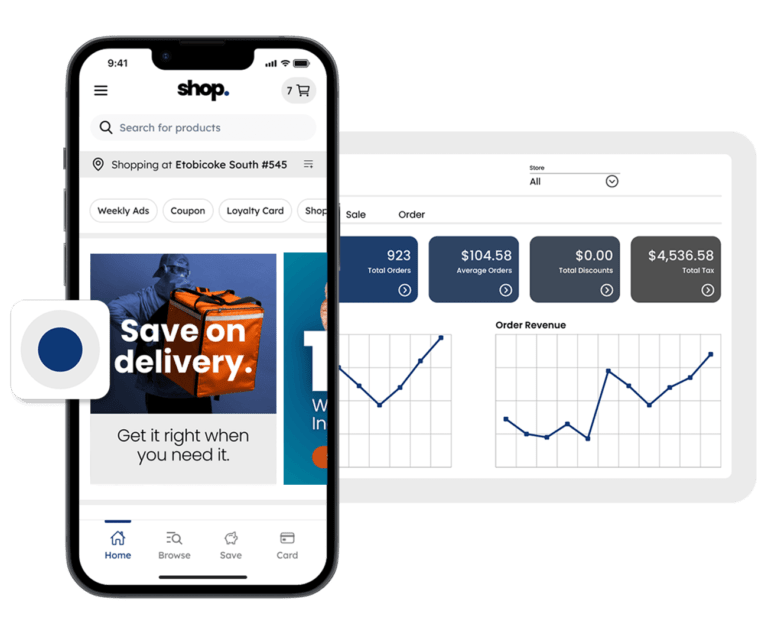Many drivers don’t realize that even occasional drug use can trigger serious legal consequences under German law, including license suspension, mandatory MPU, and criminal investigations. This guide covers how gelegentlicher Konsum is interpreted, what ordnungrecht means in this context, and how substances like cannabis and cocaine are detected and judged in administrative versus criminal proceedings.
Introduction: The Legal Grey Zone of “Occasional” Drug Use
Germany’s legal system draws a strict line when it comes to driving and substance use. While occasional cannabis consumption (known as gelegentlicher Konsum) may not be illegal in itself, it becomes highly problematic once it intersects with driving.
Even without showing signs of impairment, traces of THC or cocaine in your blood can lead to:
-
License suspension
-
MPU orders
-
Ordnungswidrigkeiten (administrative violations)
-
Or, in severe cases, criminal charges
This blog breaks down how German traffic law evaluates drug use, especially in borderline or “occasional” scenarios, and what rights and risks drivers must be aware of.
What Does “Gelegentlicher Konsum” Mean in Legal Terms?
Gelegentlicher Konsum translates to occasional use, most commonly referring to cannabis. The Federal Court of Justice (Bundesverwaltungsgericht) has ruled that a person can be considered an “occasional user” after as few as two consumption events.
But here’s the problem: Once you’re classified as a “gelegentlicher Konsument”, you are expected to meet specific conditions if you want to drive:
-
Strict separation of use and driving
-
No use in combination with alcohol
-
No mental health disorders or dependencies
Failing any of these can trigger an MPU or even permanent license withdrawal.
How “Gelegentlicher Konsum” Triggers MPU and Driving Bans
If you test positive for THC-COOH (cannabis metabolite) or benzoylecgonine (cocaine metabolite) while driving—even without being impaired—you can be subject to:
-
A fine between €500–€1500
-
1–3 months driving ban
-
2 points in Flensburg
-
Immediate license revocation
-
Mandated MPU
The Fahrerlaubnisbehörde (licensing authority) has the power to order an MPU purely based on blood test results, especially for cocaine, even without criminal charges.
Role of Ordnungsrecht in Drug and Driving Cases
Ordnungsrecht refers to Germany’s body of administrative law that focuses on public safety and order—which includes traffic safety. Unlike criminal law, which requires evidence of guilt beyond a reasonable doubt, ordnungrecht works on the principle of precaution.
Under ordnungrecht, you can lose your license even if:
-
You were not intoxicated at the time of driving
-
You showed no unusual behavior
-
Your substance use is occasional or private
The key issue is: Can the state be reasonably sure you won’t pose a future risk on the road?
This is why ordnungrecht allows administrative license withdrawal even without a conviction.
Cocaine: Zero Tolerance and High Risk
Unlike cannabis, where thresholds and timing matter, cocaine is treated with extreme caution.
Kokain Nachweisbarkeit
(Cocaine Detectability)
The presence of benzoylecgonine, the main metabolite of cocaine, in a driver’s blood—even hours after the high has worn off—automatically implies:
-
Lack of driving fitness
-
No separation of use and driving
-
Immediate MPU
-
Possible criminal charge if impairment is suspected
Detection window:
-
In blood: up to 2 days
-
In urine: 2–4 days
-
In hair: up to 90 days
This makes it risky even for one-time users.
Cannabis: How Long Is It Detectable and What Are the Limits?
Cannabis, specifically THC, has a much more nuanced detection system:
| Substance Component | Detection Time (Blood) | Legal Limit (Germany) |
|---|---|---|
| THC (active) | 6–24 hours | 1.0 ng/ml |
| THC-COOH (inactive) | 2–3 weeks | Used for habitual use |
Even if you smoked days ago, a blood test could trigger legal consequences if your THC level is still above 1.0 ng/ml while driving.
Can You Prove “Safe Separation” Between Use and Driving?
Yes—but it’s not easy. The only way to prove you separate use and driving is:
-
Show low or no active THC during driving
-
Submit to long-term abstinence screening (especially if previously caught)
-
Undergo a psychological evaluation confirming self-control and responsibility
That’s why most drivers accused of drug driving will eventually be ordered to do an MPU.
What the MPU Looks Like After Drug Violations
If you’ve been caught under suspicion of drug driving (especially cannabis or cocaine), your MPU will likely involve:
-
Hair or urine tests to prove abstinence
-
Documentation of clean lifestyle habits
-
Psychologist interview focused on:
-
When and why you used drugs
-
How your attitude has changed
-
What steps you’ve taken to avoid future use
-
Legal Challenges and Grey Zones
There are ongoing legal debates in Germany about the THC threshold and whether it is too low compared to alcohol limits.
As of now, even trace levels of THC (above 1 ng/ml) are enough to cause major legal problems under ordnungsrecht, even if you’re not impaired.
That’s why “gelegentlicher Konsum”, especially near driving time, is always a high-risk behavior.
Real-Life Scenario: The Weekend Smoker
A 28-year-old male smoked cannabis on Friday night and drove on Monday morning. He was pulled over for a routine check, tested positive for THC-COOH, and was ordered to:
-
Pay a €500 fine
-
Undergo MPU
-
Submit 6-month urine screening
-
Provide a psychological report
Despite feeling fine, he was treated as if he had no separation of use and driving. His “occasional use” ended up costing him €2000+ and 9 months of license suspension.
Tips to Avoid MPU for Drug Offenses
-
Never drive within 72 hours of using any substance
-
If you consume occasionally, avoid driving for 5–7 days
-
Document abstinence if you’re under suspicion
-
Seek legal advice early to challenge flawed procedures
-
Join counseling or abstinence programs proactively
Final Word: Occasional Use Is No Legal Excuse
Germany’s legal system, especially under ordnungrecht, doesn’t care whether your drug use is rare or recreational. The moment it overlaps with driving—or even the possibility of future driving—you’re subject to strict rules and harsh consequences.
For those dealing with MPU, cannabis violations, or concerns about kokain nachweisbarkeit, early preparation and informed action is the only way to avoid long-term damage to your driving rights and legal record.













